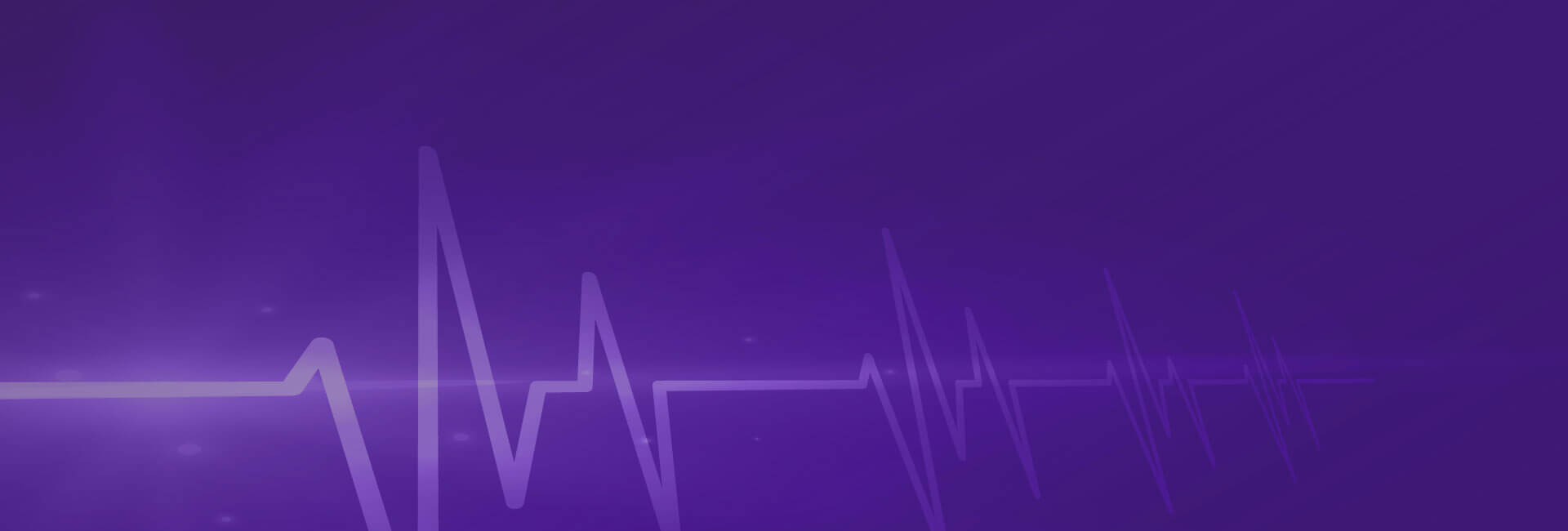The Story Behind Definitize
This year we have witnessed DeFi take center stage, and its popularity is expected to continue to soar into the new year. Coupled with the...

By: David Randall, Ph.D.
(David Randall is Executive Director and Resident Scholar with the American Research and Policy Institute in Washington, DC. His published peer-reviewed research focuses on health care entitlements, health data analytics and the application of health information technology. Dr. Randall also serves as an Advisory Board member of the Solve.Care Foundation).
The global and U.S. healthcare marketplace is huge! With over 8 trillion dollars spent globally and over 3 trillion in the U.S in 2018, the numbers represent spending that dwarfs most industry segments. Herein lie the opportunity and associated challenges in applying new financing regimes that can potentially represent a fundamental shift in how health care is financed using decentralized financing (DeFi) and distributed ledger technology (DLT). As a result of the amount of money associated with the many facets of health care financing, there is an almost endless set of use cases to deploy DeFi solutions using DLT and a token environment that promotes community involvement and transparency that is lacking today.
DeFi has exploded in its use and popularity in the last few months as evidenced by the rapid issuance of governance tokens and projects. DeFi may be defined as the movement that promotes the use of decentralized networks and open-source software to create multiple types of financial services and products.
The current traditional financing environment can best be characterized as centralized as directly evidenced by the volume of financing across major industry groups controlled by large money-center banking institutions. Much of their activity and pricing remain opaque and largely profitable, even in a long-term low interest rate environment. DeFi changes this equation by providing transparency in lending and borrowing as well as introducing community-based involvement in lending to set standards and rates through the use of governance mechanisms such as token voting.
The healthcare system in the U.S and around the world is complex, expensive, and fragmented in a myriad of financing mechanisms. Blockchain technology applications have the potential to transform our current use of health information technology and the associated hardware and software infrastructure, as suggested by published peer-reviewed research. The underlying technology and associated cryptocurrency with its decentralized architecture suggest a range of applications that can bring cost savings and efficiencies versus traditional legacy systems currently in use in not only the public healthcare space but also in associated private market participants. There are numerous applications that can be implemented in public programs in the U.S. healthcare system using blockchain technology.
The fundamental promise of the blockchain is the underlying information technology (IT) architecture and its ‘unbreakable’ chain of data entries that allow for secure and open transactions. The decentralized and distributed database of a blockchain that contains data allows for an auditable and distributed ledger that allows all to see every transaction. The open-source attributes of the blockchain make the technology a natural fit for the requirements associated with the complexities of transaction laden systems associated with health information technology in the public and private sectors.
The acknowledged complexity and technology limitations of centralized IT systems naturally lend themselves to the use of blockchain as outlined. I suggest these same limitations of legacy IT systems also extend to the financing regimes currently in use by legacy IT firms and accompanying finance partners. Because of the almost natural monopolies that many of these large industry players have in many healthcare markets, their profit margins are often large by most metrics. These margins represent a market inefficiency that current market participants naturally exploit and hence represents an opportunity for a DeFi solution for healthcare financing and direct community lending.
The health financing and insurance marketplace is large and diverse and inefficient in many respects. The administrative costs of maintaining the infrastructure surrounding the many types of health care financing are arguably enormous. Here lies the potential opportunity in using a decentralized financing system to eliminate the inefficiencies and thus reduce costs to benefits of market participants, most notably the patients and end-users of provider services and products.
The emergence of telehealth as a means of healthcare delivery represents a potential paradigm shift in the use of health providers and remote services. Blockchain and DLT offer the ability to integrate the delivery of services and products that have the ability to connect patient and provider data for ease of use in contrast to current siloed data systems. There is almost an endless number of use cases that can arguably be used by DeFi to address market inefficiencies and provide better price discovery and potential benefits to DeFi market participants.
The medical equipment leasing market is estimated at $14 Billion in 2019 and is expected to grow at 10-15% in the next five years. In the U.S alone the market for these services is estimated at $4 Billion with growth rates above general health care expenditures. The growth and relative stability of the medical equipment market present a unique opportunity for a blockchain DeFi solution to deploy its range of already developed products on the blockchain and apply a decentralized financing application to further leverage the utility of a native token.
The market for medical equipment leasing is a natural fit for a DeFi application because there is a tremendous demand by providers to meet the demand of patients for devices and equipment. The existing market is fragmented with limited price transparency and market inefficiencies. This is where the use of DeFi can meet these market imbalances and specifically how the use of a token and platform can meet the needs of market participants like device manufacturers and providers seeking to get much-needed devices in the hands of patients.
(Read on Part II here)

This year we have witnessed DeFi take center stage, and its popularity is expected to continue to soar into the new year. Coupled with the...

Definitize is a 100% community owned, run, governed Decentralized Autonomous Organization (DAO) that utilizes DeFi for Healthcare Financing. It is based on a framework designed...

안녕하세요 한국 커뮤니티 여러분 프라딥입니다. 이번 AMA에 여러분의 시간과 참여 감사드립니다. 여러분과의 대화를 많이 기대하고 있습니다. 여러분의 질문에 답변을 드리고 저 또한 배워갈 것입니다. 시작하겠습니다...